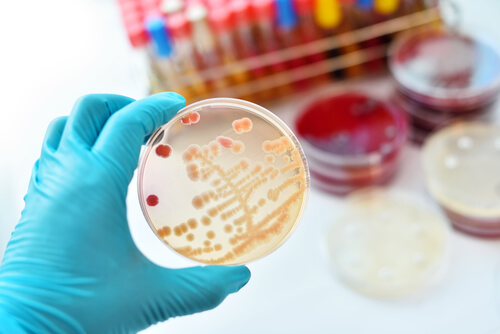
Bacterial meningitis is a severe infection that causes a variety of symptoms and even death. It occurs when the meninges in the body become swollen and inflamed. It can be treated with antibiotics, but there is still a relatively high fatality rate. The best thing to do is to avoid getting bacterial meningitis. There are many known causes of the infection, and while some people are more susceptible to it than others, anyone can potentially develop meningitis.
The most common way it’s contracted is through a virus. Certain injuries, health problems, and medical procedures can also cause antibiotics. The symptoms of meningitis can be similar to those of the flu and other common ailments.
Once the symptoms become more severe, the bacteria have likely spread the infection has become worse. If you think you may have come in contact with any of these causes of bacterial meningitis or if you suspect you may have it, seek medical attention immediately.
1. Streptococcus Pneumoniae
This bacteria is one of the most common causes of bacterial meningitis in young children, especially infants. It’s a common bacteria that can cause mild infections like sinus infections, and pneumonia more often than it causes bacterial meningitis. It can be transmitted from person to person or from surfaces.
Because the bacteria is so common, there are vaccinations that can help protect people from contracting it. These vaccinations are typically given to children as babies and before they enter school. Some states even require vaccination before children can enter school or go to daycares. It is most commonly spread when a person sneezes or coughs, and another person inhales those particles.
The resulting infection can take many forms and may be mild or severe. If the bacteria invade the bloodstream and travel to the brain or spinal fluid, a person may develop bacterial meningitis. It is commonly treated with antibiotics but may lead to severe complications, and in some cases, it can be fatal.



